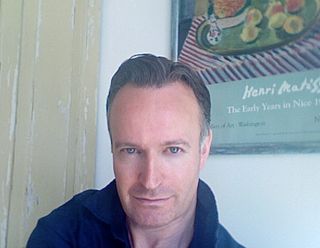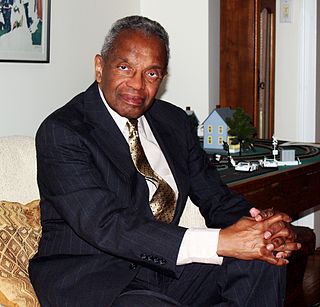A Quote by Harlan Ellison
It is not merely enough to love literature if one wishes to spend one's life as a writer. It is a dangerous undertaking on the most primitive level. For, it seems to me, the act of writing with serious intent involves enormous personal risk. It entails the ongoing courage for self-discovery. It means one will walk forever on the tightrope, with each new step presenting the possiblity of learning a truth about oneself that is too terrible to bear.
Quote Topics
About
Act
Bear
Courage
Dangerous
Discovery
Each
Enormous
Enough
Entails
Forever
Intent
Involves
Learning
Level
Life
Literature
Love
Love Literature
Me
Means
Merely
Most
New
Oneself
Ongoing
Personal
Presenting
Primitive
Risk
Seems
Self
Self-Discovery
Serious
Spend
Step
Terrible
Tightrope
To Love
Too
Truth
Undertaking
Walk
Will
Wishes
Writer
Writing
Related Quotes
The process of writing fiction is totally unconscious. It comes from what you are learning, as you live, from within. For me, all writing is a process of discovery. We are looking for the meaning of life. No matter where you are, there are conflicts and dramas everywhere. It is the process of what it means to be a human being; how you react and are reacted upon, these inward and outer pressures. If you are writing with a direct cause in mind, you are writing propaganda. It's fatal for a fiction writer.
Becoming a writer is about becoming conscious. When you're conscious and writing from a place of insight and simplicity and real caring about the truth, you have the ability to throw the lights on for your reader. He or she will recognize his or her life and truth in what you say, in the pictures you have painted, and this decreases the terrible sense of isolation that we have all had too much of.
Life is too short for any vain regretting... Between the swift sun's rising and its setting, we have no time for useless tears or fretting, life is too short.... Time is the best avenger if we wait, the years speed by, and on their wings bear healing, life is too short for aught but high endeavor-too short for spite, but long enough for love. And love lives on forever and forever.
Love and ever more love is the only solution to every problem that comes up. If we love each other enough, we will bear with each other's faults and burdens. If we love enough, we are going to light that fire in the hearts of others. And it is love that will burn out the sins and hatreds that sadden us. It is love that will make us want to do great things for each other. No sacrifice and no suffering will then seem too much.
The theme of the diary is always the personal, but it does not mean only a personal story: it means a personal relationship to all things and people. The personal, if it is deep enough, becomes universal, mythical, symbolic; I never generalize, intellectualise. I see, I hear, I feel. These are my primitive elements of discovery. Music, dance, poetry and painting are the channels for emotion. It is through them that experience penetrates our bloodstream.
I really support criticism as a craft and as a vocation. People who devote as much time to thinking about sound through writing as I do practicing and forming it, the whole system of journalism seems to not yield rewards sustainable as a craft. So few can spend enough time to be serious about it and approach it with confidence and a kind of depth. And that's good on one level, because you have some leveling, that's kind of maybe leveled the petty fiefdoms of undeserving people but it's also made it hard to make a living as a writer.
There are moments when it frightens us, threatening to expose us as inauthentic. Well, the big-time impostors we read about in literature run this risk constantly, flirting with destruction, not just humiliation or embarrassment. It's a spectacle that we can't help but find compelling, and it involves a certain level of courage that we sneakily admire, perhaps.






































